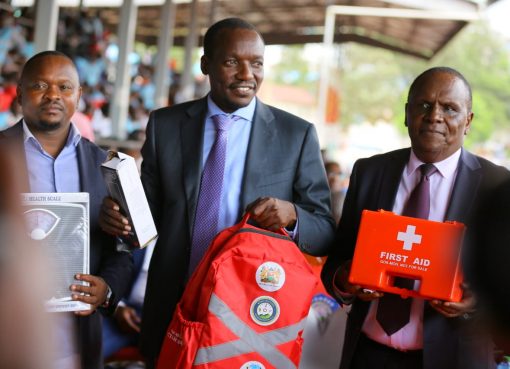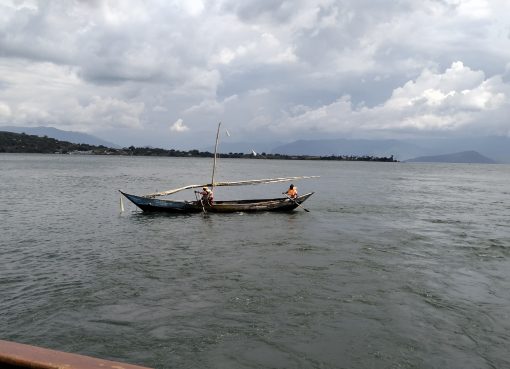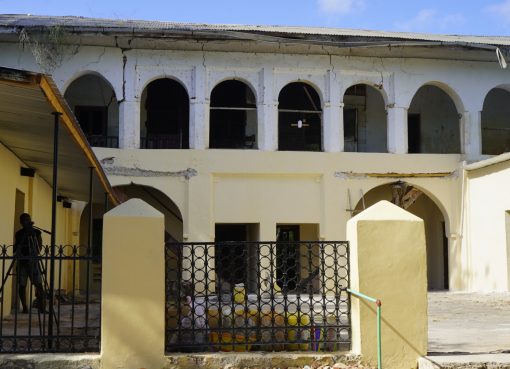Kenya and SC Johnston have announced a new public to private partnership themed ‘Time to deliver Zero Malaria under innovate and implement’ in the fight against malaria.
As the world marks World Malaria Day on 25 April every year, the initiative is intended to build on the company’s 10 year path to develop and distribute cost friendly and long lasting spatial repellent products like mosquito nets and residual spraying to combat malaria.
According to the government, SC Johnston has committed more than $10 million in advancing spatial repellents, fund malaria preventive education and build new health clinics in rural communities within the country with a goal of manufacturing and processing repellents in order to reach 17 million people in East Africa annually.
The Public Private Partnerships (PPP’s) have demonstrated importance in building resilience in healthcare systems and the government is committed to ensuring and attaining a healthier and safer country that’s free from malaria thus a need for new investments, strategic partnerships, innovative technologies and advancements that will scale up disease prevention, surveillance, early detection and warning systems.
SC Johnston Chief Executive Officer (CEO) and Chairman Fisk Johnston said that this new partnership with the government is an important phase in continued efforts to eradicate malaria citing that PPP’s contribute to life saving initiatives by leveraging resources, expertise and decades of long work to develop and distribute cost friendly and effective repellents.
He added that as part of their mission, the company aims at giving back to society by offering two innovative spatial repellents such as Mosquito Shield™ and Guardian™ through global public health partners at no cost.
Johnston noted that this initiative comes as the company is in the process of obtaining World Health Organization (WHO) policy recommendations for two tools as catalyzing action points that would accelerate critical partnerships and funding support of large scale distribution efforts.
“As we wait for WHO’s policy recommendation, we want to share those capabilities with Kenyans and the continent of Africa in earnest so that more families can be saved from the malaria scourge,” noted Johnston.
The CEO made these remarks during the announcement of the partnership yesterday at statehouse where he stated that beyond the benefits of public health initiatives in Kenya, the spatial repellents will create at least 150 new jobs in Nairobi during its local manufacturing process which will begin this year till next year.
“SC Johnston seeks to invest $ 1million and partner with the End Malaria Council Kenya which will help in developing educative malaria preventive programs, facilitate and distribute spatial repellents through community workers, clinics while providing vital health services in most hard to reach areas,” he reiterated
Present at the event were the President of Kenya Dr. William Ruto, Health Cabinet Secretary Susan Nakhumicha, Trade Cabinet Secretary Moses Kuria, National Treasury, Economic Planning Cabinet Secretary Prof Njuguna Ndungu, Nakuru Governor Susan Kihika, Health Secretary Dr Josephine Mburu and Malaria Council of Kenya officials.
By Michael Omondi and Phinta Amondi





